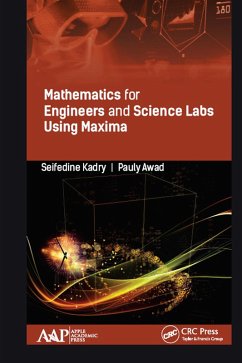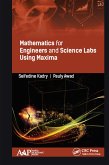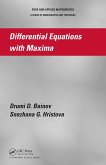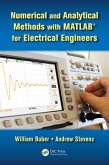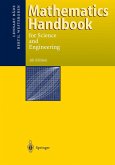This book is designed to be a vital companion to math textbooks covering the topics of precalculus, calculus, linear algebra, differential equations, and probability and statistics. While these existing textbooks focus mainly on solving mathematic problems using the old paper-and-pencil method, this book teaches how to solve these problems using Maxima open-source software. Maxima is a system for the manipulation of symbolic and numerical expressions, including differentiation, integration, Taylor series, Laplace transforms, ordinary differential equations, systems of linear equations, polynomials, sets, lists, vectors, and matrices. One of the benefits of using Maxima to solve mathematics problems is the immediacy with which it produces answers. Investing in learning Maxima now will pay off in the future, particularly for students and beginning professionals in mathematics, science, and engineering. The volume will help readers to apply nearly all of the Maxima skills discussed here to future courses and research.
Dieser Download kann aus rechtlichen Gründen nur mit Rechnungsadresse in A, B, BG, CY, CZ, D, DK, EW, E, FIN, F, GR, HR, H, IRL, I, LT, L, LR, M, NL, PL, P, R, S, SLO, SK ausgeliefert werden.

